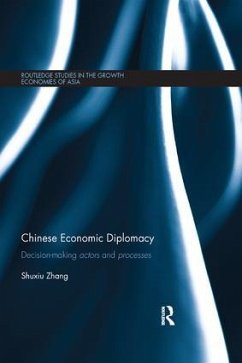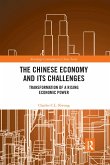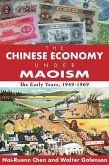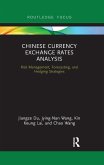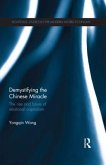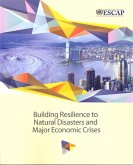Economic diplomacy was declared in 2013 by Beijing as a priority in its "comprehensive" strategy for diplomacy. The political elite undertook to further invest in economic diplomacy as an instrument for economic growth and development. Globally, Chinese cooperation in multilateral economic processes has become critical to achieving meaningful outcomes. However, little understanding exists in current literature on the factors and mechanisms which shape the processes behind China's economic diplomacy decision-making. Chinese Economic Diplomacy provides an understanding of the processes and practices of China's economic diplomacy, with multilateral economic negotiations as the primary basis of analysis, specifically the UN climate change talks and the WTO Doha Round trade negotiations. It examines how early economic diplomacy in global governance contributed to the varied and evolving nature of its present-day decision-making structures and processes. Demonstrating how China's negotiation preferences are driven by networks of political actors in formal and informal domestic and systemic environments, it also highlights the capacity of international negotiation practices to alter and re-shape China's approach to multilateral economic negotiations. As a consequence, the book presents a framework for understanding China's economic diplomacy decision-making processes that is systemically constructed by domestic and international agencies. Offering a Chinese perspective of the notion of economic diplomacy, this book will be of interest to students and scholars of Chinese Economics, International Relations and Political Economy.
Hinweis: Dieser Artikel kann nur an eine deutsche Lieferadresse ausgeliefert werden.
Hinweis: Dieser Artikel kann nur an eine deutsche Lieferadresse ausgeliefert werden.

